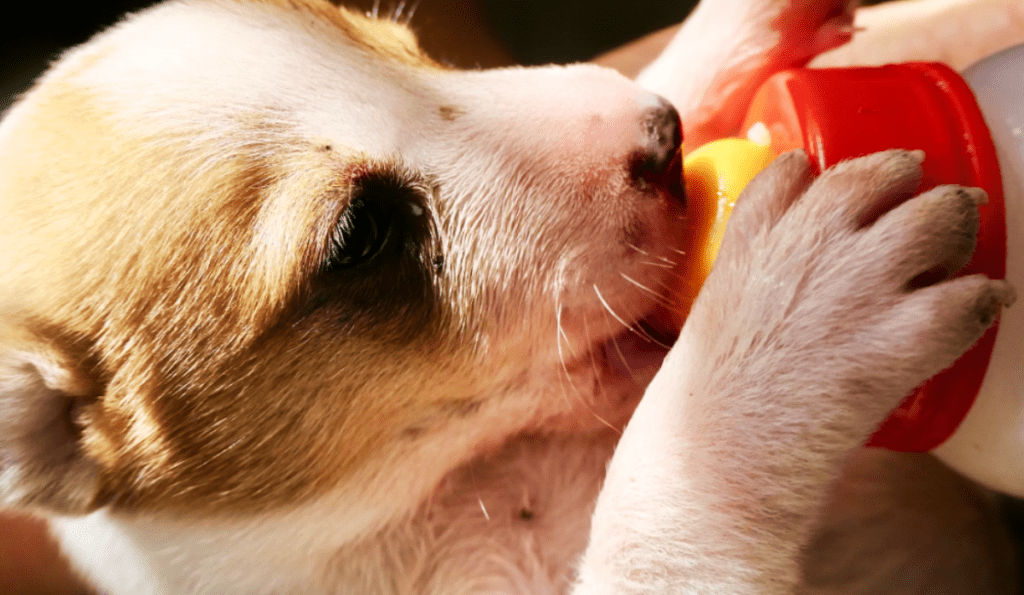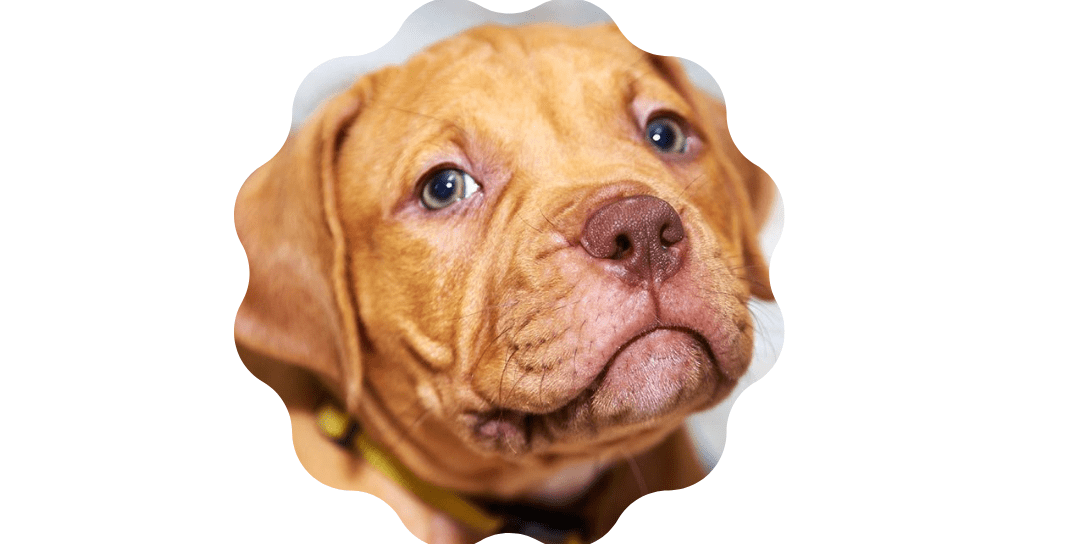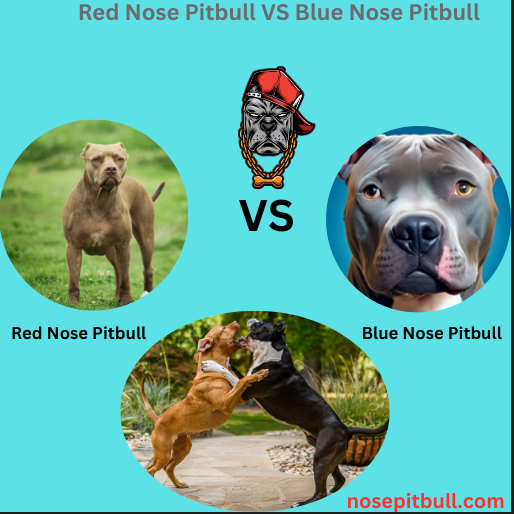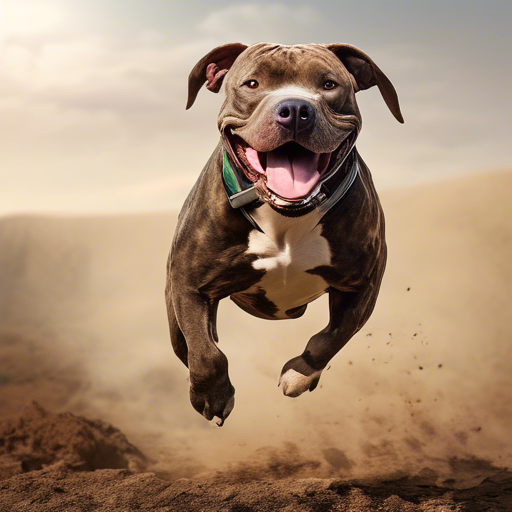Red Nose Pitbull Guide: Understanding health Issues
Introduction
Red Nose Pitbulls are known for their affectionate nature and loyalty, making them popular pets for many families. Ensuring the well-being of your Red Nose Pitbull involves more than just providing love and attention. Regular health checks are crucial to identify potential issues early on and maintain their overall health and happiness.

Common Health Issues in Red Nose Pitbulls
Genetic Predispositions
Red Nose Pitbulls, like any other breed, may have genetic predispositions to certain health issues. Understanding these potential concerns can help owners be proactive in their care.
Skin Conditions
Pitbulls are susceptible to skin conditions, including allergies and irritations. Regular inspection and proper grooming can help mitigate these issues.
Hip Dysplasia
Hip dysplasia, a common orthopedic issue, can affect Red Nose Pitbulls. Monitoring their activity and providing joint supplements can aid in preventing or managing this condition.
Signs of a Healthy Red Nose Pitbull
A healthy Red Nose Pitbull exhibits a glossy coat, maintains a healthy weight, displays energetic behavior, and has clear eyes and ears. Recognizing these signs ensures you can promptly address any potential health concerns.
Regular Vet Visits: A Must
Routine vet visits are essential for your Pitbull’s health. Regular check-ups allow veterinarians to monitor your pet’s overall well-being, administer necessary vaccinations, and provide preventive care.
Vaccinations and Preventive Care
Keeping vaccinations up to date is crucial in preventing various diseases. Your veterinarian will guide you on the necessary vaccinations and preventive measures for your Red Nose Pitbull.
Balanced Diet for Optimal Health
A nutritious diet is fundamental for the well-being of your Pitbull. High-quality dog foods, specifically formulated for their needs, should be part of their daily intake. Avoiding harmful human foods is equally important.
Recommended Dog Foods
Opt for reputable dog food brands that prioritize quality ingredients. Consult with your vet to determine the best dietary plan for your Red Nose Pitbull.
Exercise and Mental Stimulation
Red Nose Pitbulls are energetic dogs that require daily exercise and mental stimulation. Regular walks, playtime, and engaging activities help maintain their physical and mental health.
Mental Stimulation Activities
Incorporate puzzle toys, training sessions, and interactive games to keep your Pitbull’s mind sharp and active.
Grooming Tips for Red Nose Pitbulls
Regular grooming is essential to keep your Pitbull clean and healthy.
Brushing and Bathing
Brush your Pitbull’s coat regularly to remove loose hair and prevent matting. Bathe them as needed, using dog-friendly shampoos.
Nail Trimming
Routine nail trims are crucial to prevent discomfort and potential injuries. If you’re unsure, seek guidance from your vet or a professional groomer.
Dental Care
Maintain your Red Nose Pitbull’s oral health by brushing their teeth regularly. Dental chews can also contribute to good dental hygiene.
Understanding Red Nose Pitbull Behavior
Understanding your Pitbull’s behavior is key to fostering a positive relationship.
Socialization
Proper socialization from an early age is crucial. Expose your Pitbull to various environments, people, and other animals to ensure they are well-adjusted and friendly.
Training Tips
Consistent training helps in establishing boundaries and good behavior. Use positive reinforcement techniques to encourage desirable actions.
Recognizing Signs of Stress or Anxiety
Be attentive to signs of stress or anxiety in your Pitbull. These may include excessive barking, pacing, or changes in appetite. Consult with your vet if you notice any concerning behavior.
Common Misconceptions About Red Nose Pitbull Health
Addressing common myths and stereotypes is essential in promoting responsible ownership.
Promoting Responsible Ownership
Challenge misconceptions about Red Nose Pitbulls, emphasizing the importance of responsible ownership. Educate others about the breed’s true nature and characteristics.
Supplements for Red Nose Pitbulls
Certain supplements can contribute to your Pitbull’s overall health.
Omega-3 Fatty Acids
Omega-3 fatty acids support skin health and may have anti-inflammatory benefits. Consult with your vet before adding supplements to your Pitbull’s diet.
Joint Supplements
Especially important for older Pitbulls, joint supplements can aid in maintaining mobility and preventing arthritis.
Emergency Preparedness
Being prepared for emergencies is crucial for any pet owner.
Knowing the Nearest Emergency Vet
Familiarize yourself with the nearest emergency veterinary clinic. Time is of the essence in emergencies, and knowing where to go can be lifesaving.
Creating a First Aid Kit for Your Pitbull
Assemble a first aid kit with essentials like bandages, antiseptic wipes, and your vet’s contact information. Having this kit on hand can be invaluable in minor emergencies.
Age-Specific Health Concerns
Tailor your care based on your Pitbull’s age.
Puppy Health Considerations
Puppies require special care, including vaccinations, a balanced diet, and early training. Consult with your vet to ensure your puppy’s health needs are met.
Senior Pitbull Care
As your Pitbull ages, their health needs may change. Regular vet check-ups become even more critical






